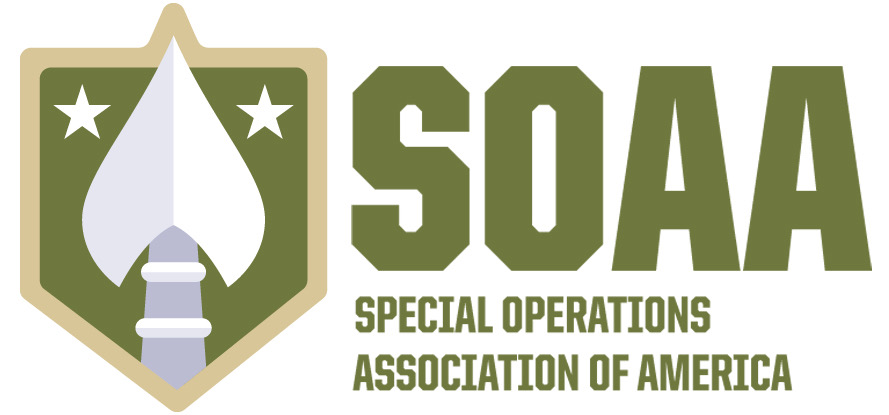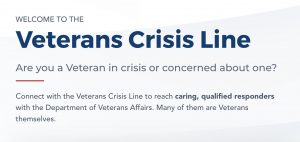To every Veteran, whether you have spent time in Afghanistan or not:
The last few days have been incredibly difficult for me and I am willing to bet they have been for you too. In times like this it is so very important that you remember, you are not alone.
Having sacrificed so much and knowing those who have even made the ultimate sacrifice, you may be questioning the point of your service or whether it was worth the price you and your brothers and sisters in arms paid. You are not alone. You may be feeling more morally conflicted about your experiences now, than even when they happened. You are not alone. I have definitely been talking with my friends and family and it does help, but sometimes I need to be near another person who understands and not say anything at all. Reach out to a battle buddy and feel free to reach out to us. Because, you are not alone.
Daniel Elkins
Green Beret
Founder
| From Veteran Affairs:
Resources available right now
|
Common Reactions
Common reactions and experiences:
In reaction to current events in Afghanistan, Veterans may:
- Feel frustrated, sad, helpless, grief or distressed
- Feel angry or betrayed
- Experience an increase in mental health symptoms like symptoms of PTSD or depression
- Sleep poorly, drink more or use more drugs
- Try to avoid all reminders or media or shy away from social situations
- Have more military and homecoming memories
Veterans may question the meaning of their service or whether it was worth the sacrifices they made. They may feel more moral distress about experiences they had during their service.
Veterans may feel like they need to expect and/or prepare for the worst. For example, they may:
- Become overly protective, vigilant, and guarded
- Become preoccupied by danger
- Feel a need to avoid being shocked by, or unprepared for, what may happen in the future
Feeling distress is a normal reaction to negative events, especially ones that feel personal. It can be helpful to let yourself feel those feelings rather than try to avoid them. Often, these feelings will naturally run their course. If they continue without easing up or if you feel overwhelmed by them, the suggestions below can be helpful.
Strategies for Managing Ongoing Distress
At this moment, it may seem like all is lost, like your service or your sacrifices were for nothing. Consider the ways that your service made a difference, the impact it had on others’ lives or on your own life. Remember that now is just one moment in time and that things will continue to change.
It can be helpful to focus on the present and to engage in the activities that are most meaningful and valuable to you. Is there something you can do today that is important to you? This can be as an individual, a family member, a parent, or a community member. Something that is meaningful to you in regard to your work or your spirituality? Such activities won’t change the past or the things you can’t control, but they can help life feel meaningful and reduce distress, despite the things you cannot change.
It can also help to consider your thinking. Ask yourself if your thoughts are helpful to you right now. Are there ways you can change your thinking to be more accurate and less distressing? For example, are you using extreme thinking where you see the situation as all bad or all good? If so, try and think in less extreme terms. For example, rather than thinking “my service in Afghanistan was useless” consider instead “I helped keep Afghanistan safe.”
Finally, consider more general coping strategies that you may want to try including:
- Engage in Positive Activities. Try to engage in positive, healthy, or meaningful activities, even if they are small, simple actions. Doing things that are rewarding, meaningful, or enjoyable, even if you don’t feel like it, can make you feel better.
- Stay Connected. Spend time with people who give you a sense of security, calm, or happiness, or those who best understand what you are going through.
- Practice Good Self Care. Look for positive coping strategies that help you manage your emotions. Listening to music, exercising, practicing breathing routines, spending time in nature or with animals, journaling, or reading inspirational text are some simple ways to help manage overwhelming or distressing emotions.
- Stick to Your Routines. It can be helpful to stick to a schedule for when you sleep, eat, work, and do other day-to-day activities.
- Limit Media Exposure. Limit how much news you take in if media coverage is increasing your distress.
- Use a mobile app. Consider one of VA’s self-help apps (see https://www.ptsd.va.gov/appvid/mobile/) such as PTSD Coach which has tools that can help you deal with common reactions like, stress, sadness, and anxiety. You can also track your symptoms over time.
- PTSD Coach Online. A series of online video coaches will guide you through 17 tools to help you manage stress. PTSD Coach Online is used on a computer, rather than a mobile device, and therefore can offer tools that involve writing.
You are not alone and SOAA stands with you.






